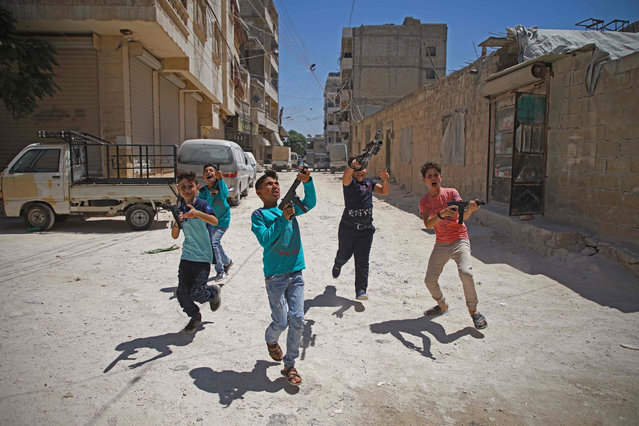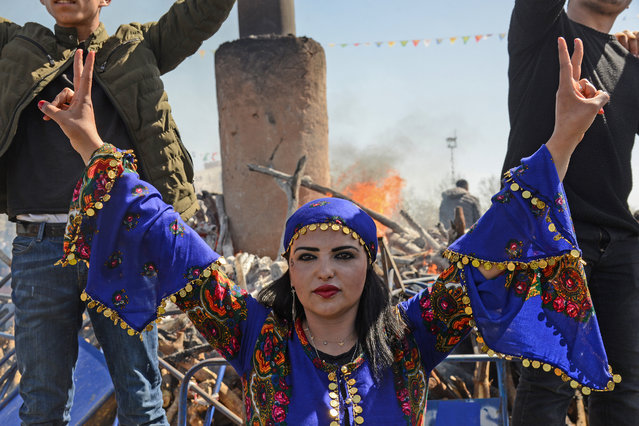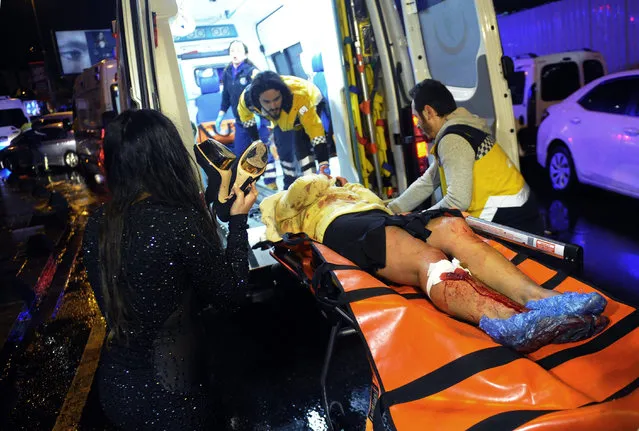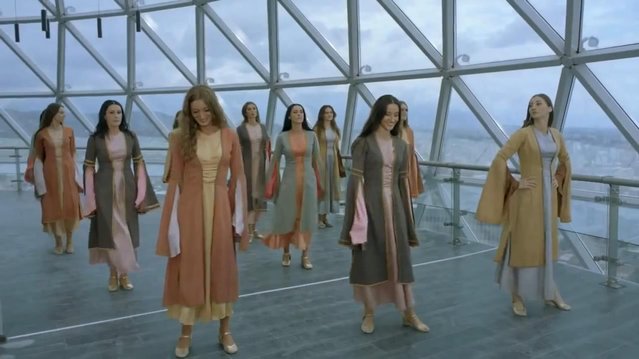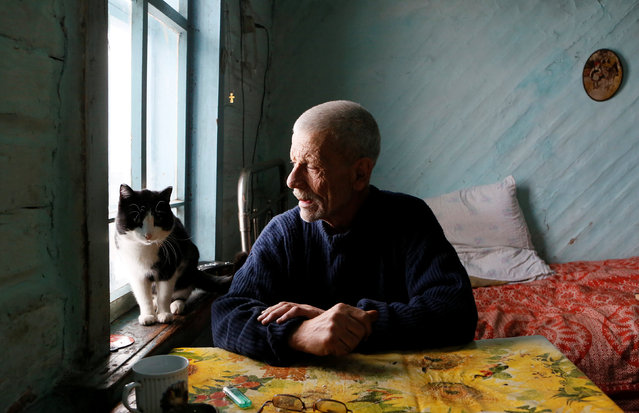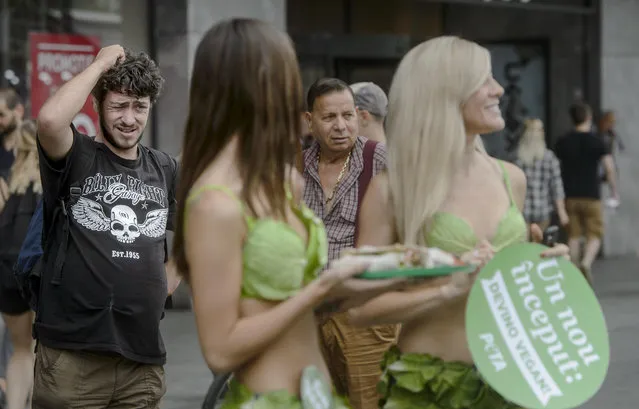
A man grimaces walking by the “Lettuce Ladies”, a group of PETA activists, during an event promoting a vegan lifestyle, downtown Bucharest, Romania, Monday, August 14, 2017. Two PETA vegan ambassadors distributed vegan food to passers by in the Romanian capital, the latest stop in a tour including the United States, Russia and Turkey aimed at promoting a vegan lifestyle. The sign reads in Romanian “start fresh: become vegan”. (Photo by Andreea Alexandru/AP Photo)
15 Aug 2017 07:52:00,post received
0 comments


